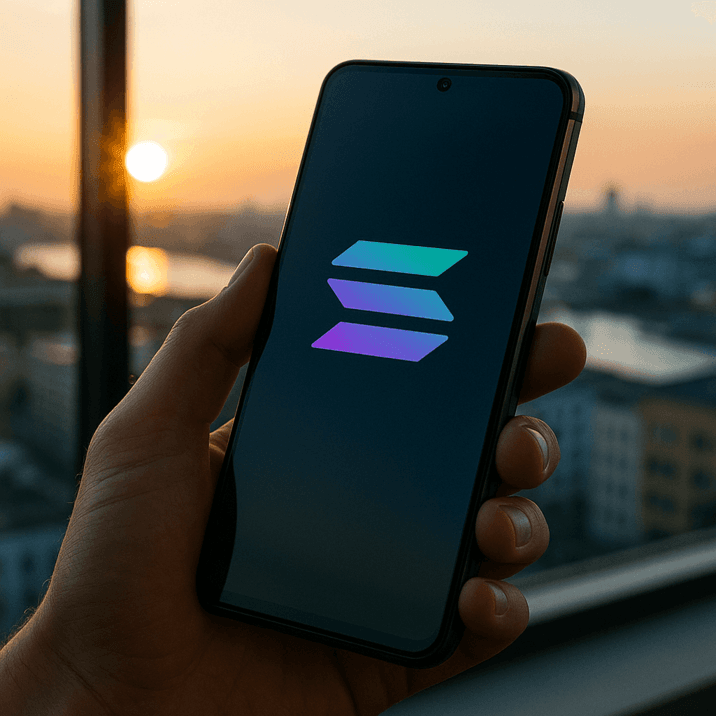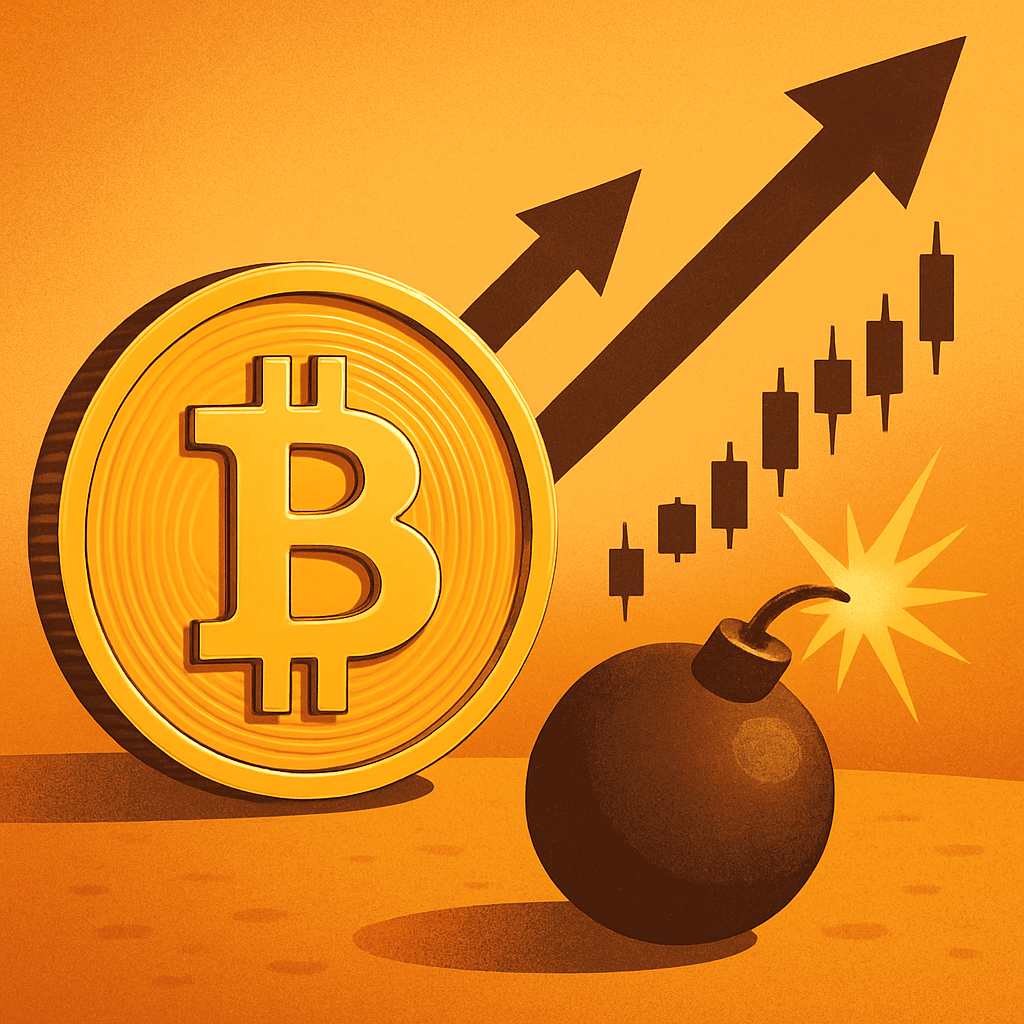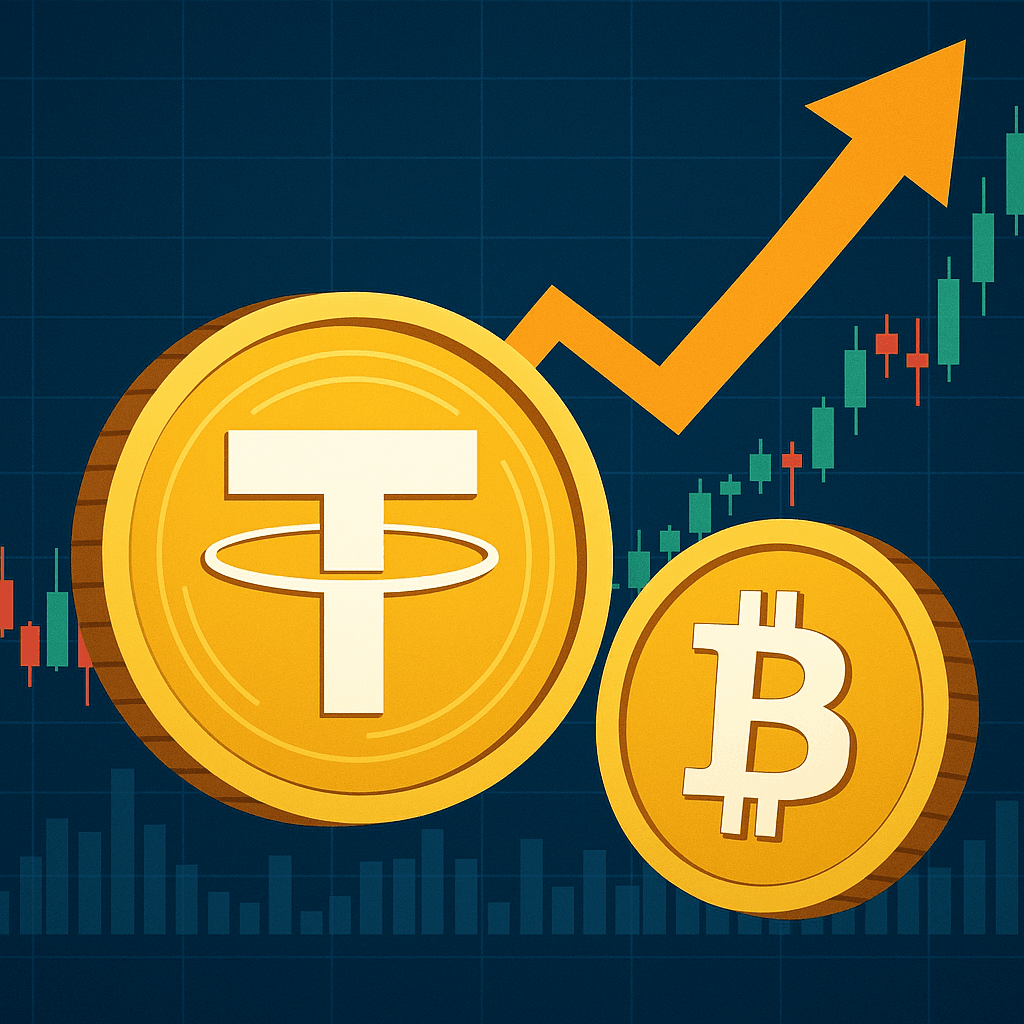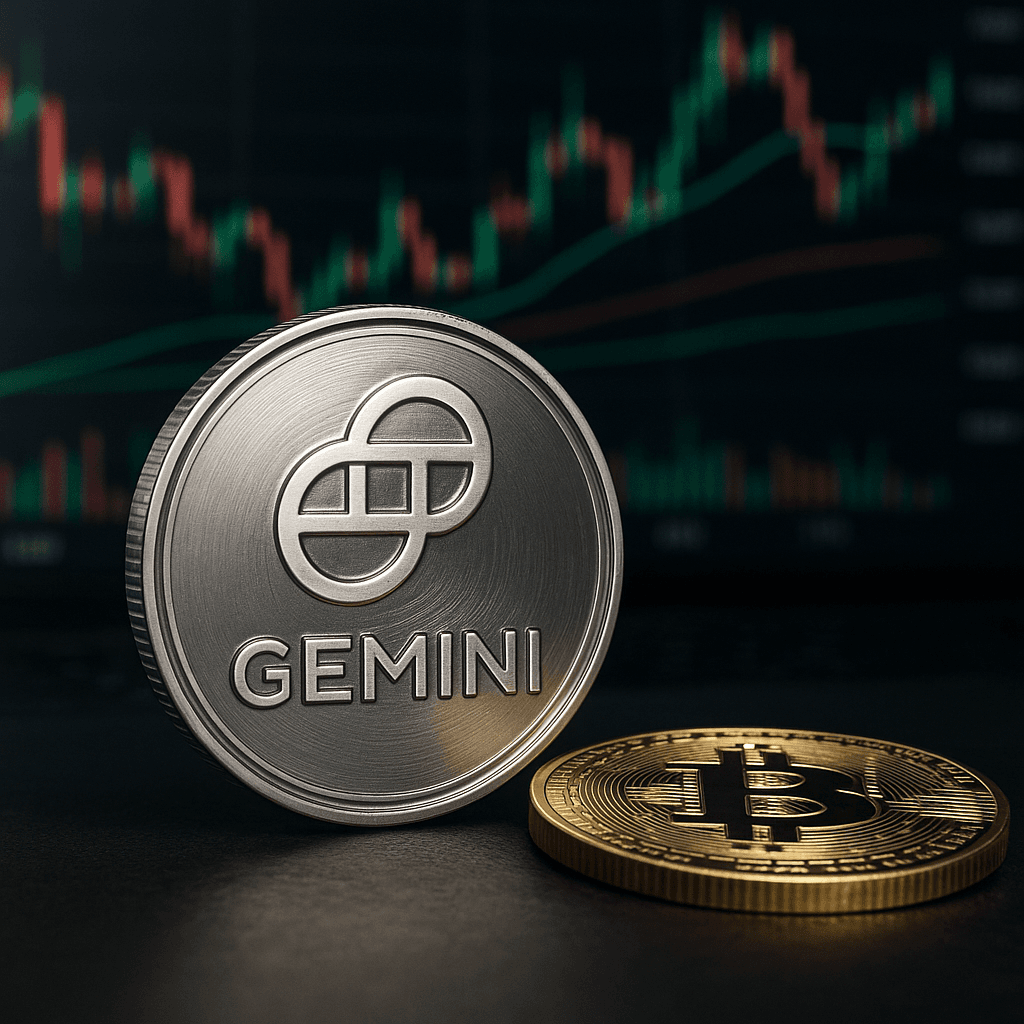Introduction to Solana’s Mobile Push
Solana, a high-performance blockchain known for its 65,000 transactions per second (TPS) and low-cost transactions, has taken a bold step into Web 3 hardware. On August 4, 2025, Solana Mobile announced the global rollout of its second-generation Seeker smartphones to over 50 countries, following the success of its Saga device. Designed to integrate decentralized finance (DeFi), non-fungible tokens (NFTs), and Web 3 apps, Seeker aims to bring blockchain to the masses via mobile. This article explores the Seeker’s features, its impact on Web 3 adoption, and what it means for Solana’s ecosystem.
Seeker Smartphone: Web 3 on the Go
The Seeker phone, priced at $999, builds on the Saga’s foundation, offering a mobile-first Web 3 experience:
- Integrated Seed Vault Wallet: A built-in non-custodial wallet supports Solana-based tokens (SOL, BONK) and NFTs, with seamless access to dApps like Jupiter and Magic Eden.
- Solana Pay Integration: Enables instant crypto payments at merchants, leveraging Solana’s sub-second transaction finality.
- NFT Authentication: Seeker uses NFTs for device authentication, unlocking exclusive perks like airdrops and staking rewards.
- High-Performance Specs: Equipped with a Snapdragon 8 Gen 3 processor, 12GB RAM, and a 6.7-inch OLED display, optimized for gaming and DeFi apps.
The rollout, announced via X on August 4, 2025, has shipped over 100,000 units, with demand driven by Web 3 enthusiasts and gamers.
Impact on Solana’s Ecosystem
The Seeker’s launch strengthens Solana’s position in Web 3:
- Mass Adoption: By embedding Web 3 into a consumer device, Seeker lowers barriers for non-crypto users, with 60% of pre-orders from outside traditional crypto hubs.
- DeFi Growth: Seeker’s wallet integrates with protocols like Marinade and Jito, boosting Solana’s $10 billion DeFi total value locked (TVL).
- NFT Market Surge: Magic Eden reported a 25% increase in Solana NFT trading volume post-launch, driven by Seeker’s NFT features.
- P2E Gaming: Games like Aurory and Star Atlas leverage Seeker’s hardware for immersive play-to-earn experiences.
Technical Insights: Seeker’s Blockchain Integration
Seeker’s Web 3 capabilities rely on Solana’s architecture:
- Solana Mobile Stack (SMS): An open-source framework for building Web 3 apps, with APIs for wallet interactions and NFT rendering.
- Compressed NFTs: Solana’s cNFTs reduce minting costs to $0.01, enabling Seeker users to create and trade NFTs efficiently.
- Solana Pay: Uses QR-code-based transactions, processed on Solana’s blockchain with 400ms finality.
Challenges and Opportunities
- Challenges: High price ($999) may deter mainstream adoption; competition from Web 2 devices like iPhones persists; and crypto regulatory uncertainty in some regions could limit rollout.
- Opportunities: Seeker’s Web 3 focus could attract 10 million new Solana users by 2026, per analyst predictions; partnerships with merchants could expand Solana Pay adoption.
Future Outlook
The Seeker launch positions Solana as a Web 3 mobile pioneer. Future updates may include:
- Metaverse Integration: Support for virtual worlds like Decentraland on Solana.
- Expanded Airdrops: More projects offering tokens to Seeker owners.
- Global Merchant Adoption: Scaling Solana Pay to rival PayPal in crypto-friendly regions.
Conclusion
Solana’s Seeker smartphones mark a turning point for Web 3, bringing blockchain to mobile users with DeFi, NFT, and P2E features. By leveraging Solana’s high-throughput blockchain, Seeker drives adoption and ecosystem growth. As Web 3 evolves in 2025, Seeker could redefine how we interact with decentralized technologies.




